Tel Aviv, August 31-The Netanyahu government has issued a stern warning to the leadership of Hamas, the Palestinian Islamic resistance movement, following a series of renewed operations by resistance fighters across Israel. Israel's Foreign Minister, Israel Katz, has publicly stated that the Israeli government intends to assassinate top Hamas leaders, including Khaled Mashal, the head of the organization.
This announcement comes as tensions escalate between Israel and Hamas, with both sides engaging in ongoing hostilities. Katz's statement emphasized that Tel Aviv is committed to eliminating Khaled Mashal and warned that this time, the operation would be foolproof. "Mashaal and other top Hamas leaders will be killed soon," Katz declared, underscoring Israel's resolve.
Historically, Israel has targeted political leaders deemed a threat. In 1997, Khaled Mashal narrowly escaped an Israeli assassination attempt in Damascus, Syria. Reflecting on this past incident, Katz remarked that the upcoming campaign would be more calculated and leave no room for failure.
Though Katz did not disclose whether other Hamas leaders are included on Israel's "kill list," the threat against Khaled Mashal marks a significant intensification in Israel's stance toward Hamas. The situation has also drawn international attention, especially from Middle Eastern countries and groups aligned with Hamas, such as Lebanon's Hezbollah and Yemen's Houthi rebels.
Last July, another high-profile assassination took place when Ismail Haniyeh, head of Hamas's political wing, was killed in an Israeli airstrike in Tehran, Iran. Haniyeh was in Tehran to attend the swearing-in ceremony of Iran's ninth president when the building he was staying in was targeted. The assassination prompted strong reactions from Iran and allied organizations, who vowed retaliation against Israel.
In response to the killing of Haniyeh, Iran's Supreme Leader, Ayatollah Ali Khamenei, condemned the act and called for severe punishment against Israel, describing it as a "responsibility to avenge the blood of the head of Hamas."
As tensions remain high, the international community watches closely, concerned about the potential for further escalation in the region.



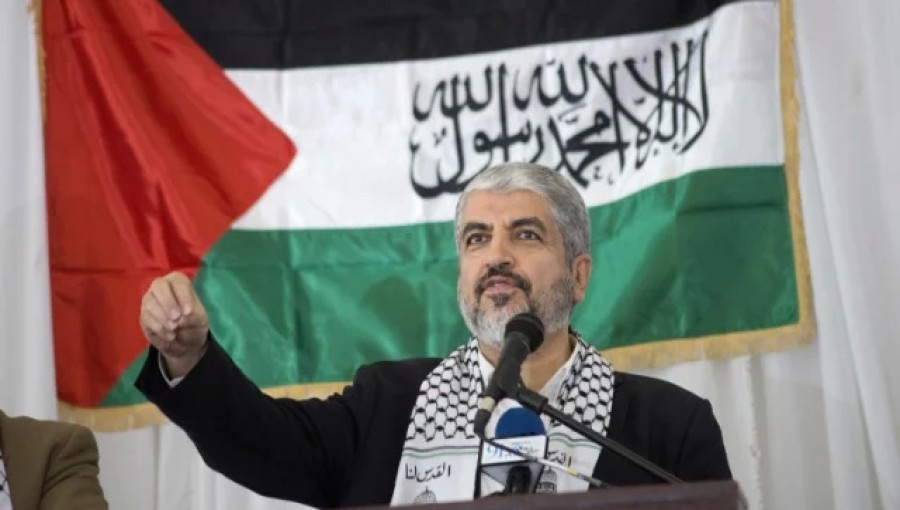




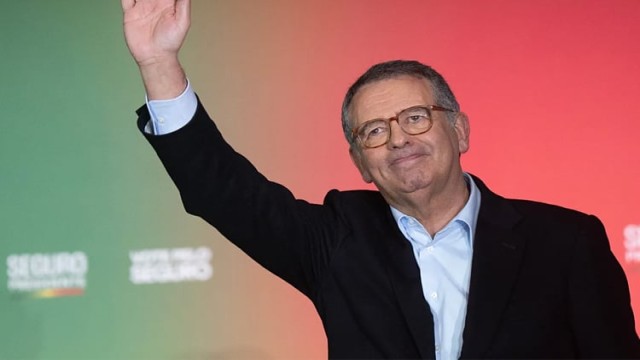
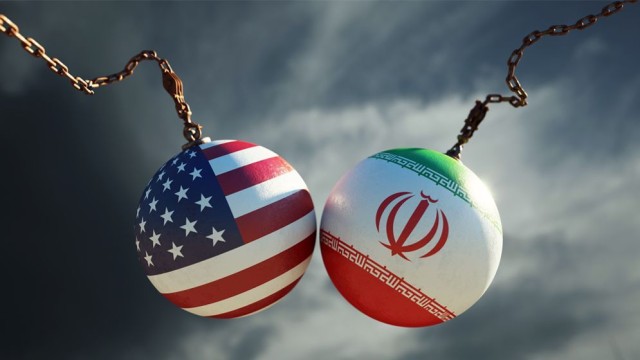





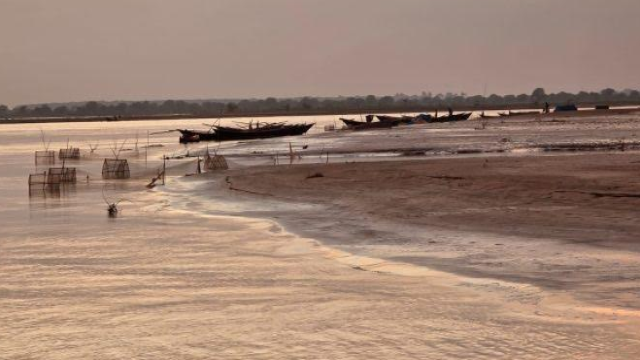
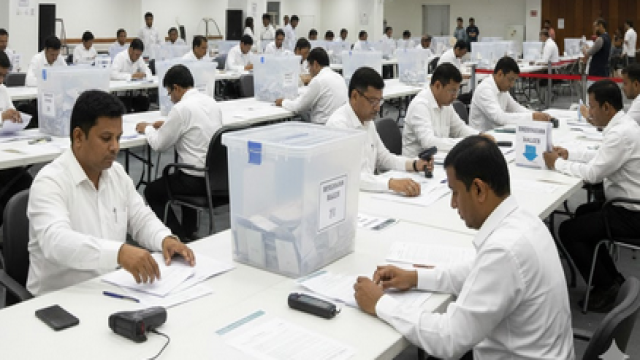
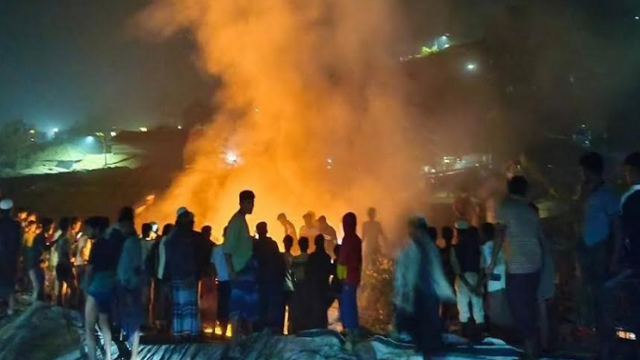

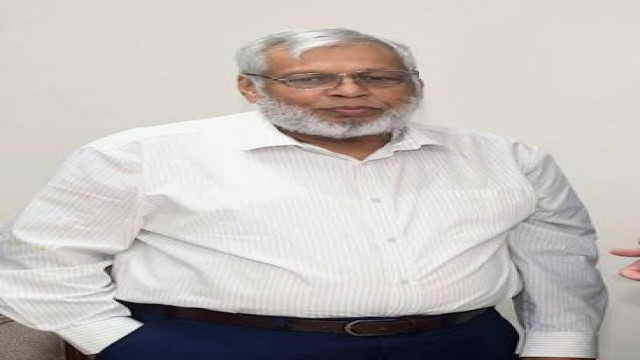











Comment: